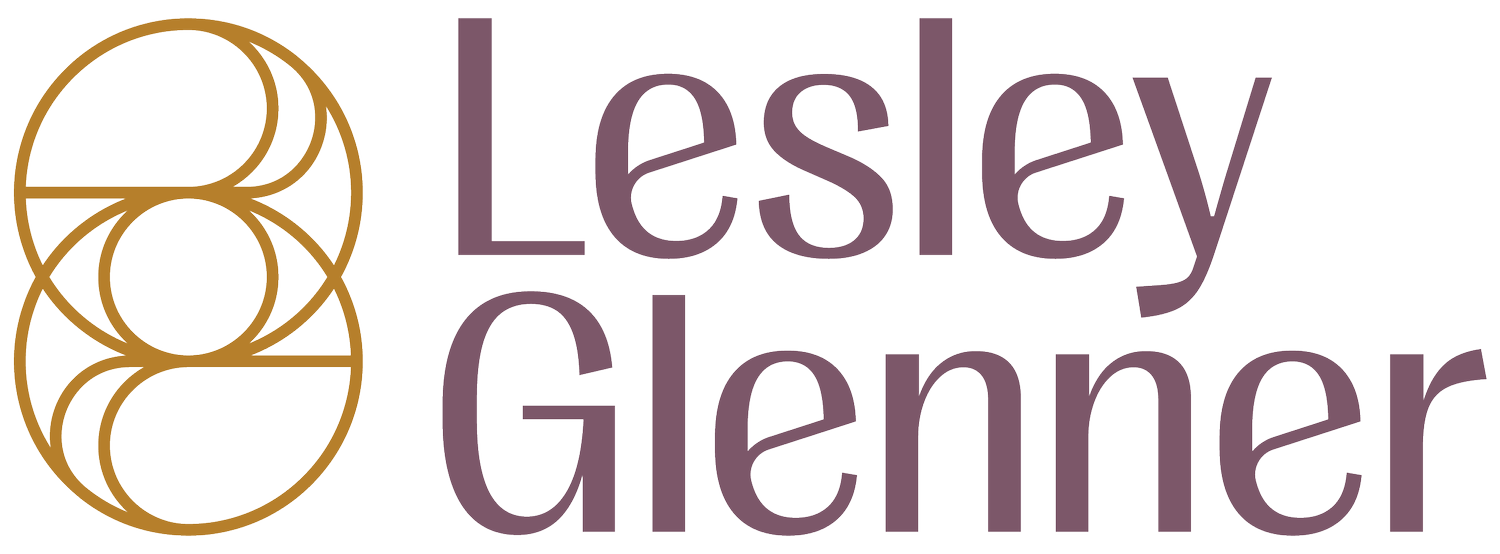Wrestling with Indecision or Ambivalence About Parenthood
For some of my couples clients, it's an easy choice to either have kids, or not to have kids. Others have struggled through months, years, and perhaps decades of soul-searching regarding this deeply felt issue.
It is completely understandable to feel ambivalence around parenthood, but this is not an area where society encourages much open discussion. Ideally, we want to make a decision from a place of conscious choice, rather than from pressure, obligation, or decision fatigue. Those avenues only lead to resentment. And no one wants to be raised by a resentful parent.
For my clients, who tend to be well-informed, well-resourced, conscious thinkers, the decision is more likely to be one they’ve wrestled with for a while. We work to align all of their inner voices into a cohesive whole. From there, they make the most informed decision possible.
Deciding Not to Have Children
There are so many valid reasons that a couple might not want to have children.
Often health issues, infertility or age prevents a couple from becoming parents, or one or both partners don't “feel the pull” toward parenthood, it’s okay. Childrearing is a big responsibility and commitment.
Many people don’t feel drawn to having a baby. They may simply enjoy life as it is, and haven’t even thought about having kids. Or perhaps they don’t enjoy being around children. Some couples feel they don't have the patience, temperament, or resolve it takes to become good parents. Others feel panic, fear, dread, depression about the idea itself.
If the messes, the noise, and the chaotic environment of babies and young children make someone feel stressed or anxious rather than compassionate or joyful, that may be a pretty good indicator that they won’t enjoy parenthood.
Further, we all want to stop the cycles of toxic or abusive familial behavior patterns. We want to reduce the suffering of being raised by immature parents, parents with a variety of neuroses, or traumatic childhood events. These can be something to work though in familial relationships. But for some people, it may mean defining family life differently – and not having children at all. Likewise, not wanting to pass on a serious mental or physical illness, or having concerns about passing on hereditary diseases, is a personal choice.
Another modern issue is the climate crisis. Many couples like the idea of being parents but feel that the best parenting decision is to not bring children into the world at all. Admittedly, I have grappled with this reality myself and while I ultimately chose to have children, I really resonate with this one… I frequently find myself pondering the existential issues around the meaning of life. It’s part of the human condition to do so, and part of living a well-examined life.
Financial stress and resource scarcity is another reason couples choose not to have kids. This one is complex because it's not simply folks living in abject poverty who are struggling here. Childcare is scarce and absurdly expensive, parental leave policies are woefully inadequate and their peers who are parenting seem so stressed, these folks are wise to not choose an unsustainable path.
Supporting Child-Free Couples and Women
CDC data show that birth rates have been on the decline for a decade. It’s becoming more common and therefore “socially acceptable” – whatever that means – but it’s still not an easy path for anyone.
While more couples are deciding not to have children, women are still being interrogated and judged based on their parenting status. Women often feel forced to explain their situation or their decision. In reality, no one needs to explain anything to anyone. Couples may need to come to terms with one another – within their own relationship. But our reproductive lives are complex, personal, and not entirely within our own control.
It’s a false assumption that child-free people don’t care about children or aren’t taking the decision seriously. Childless individuals may find that their life is full with care for other people’s children – as stepparents, aunts and uncles, or in other roles.
On the other hand, if someone finds that they already enjoy a quiet life without children, they value routines, personal freedom, the ability to be impulsive, having their own space, sleep patterns, and personal privacy… this seems like a valid choice in an already challenging world.
Examining why we make judgements about voluntary or involuntary childlessness
In my experience, it’s typically a projection. When we criticize the lives of others, we’re likely expressing some form of unconscious discomfort with our own choices or paths.
Whatever path you’re on, counseling can be an excellent place to explore your own innermost thoughts about parenthood, children, and childlessness. If you’re feeling the massive internal and external pressures surrounding reproduction – one of life’s biggest and certainly most irreversible paths – you do not have to work through it alone.
I am pro-choice in all arenas and I believe that extends to supporting couples who choose not to parent – for whatever reason. If this resonates with you, I hope you’ll reach out for support as needed…
Ready for more?
If you and your partner are ready to go deeper, book an appointment with me today.
